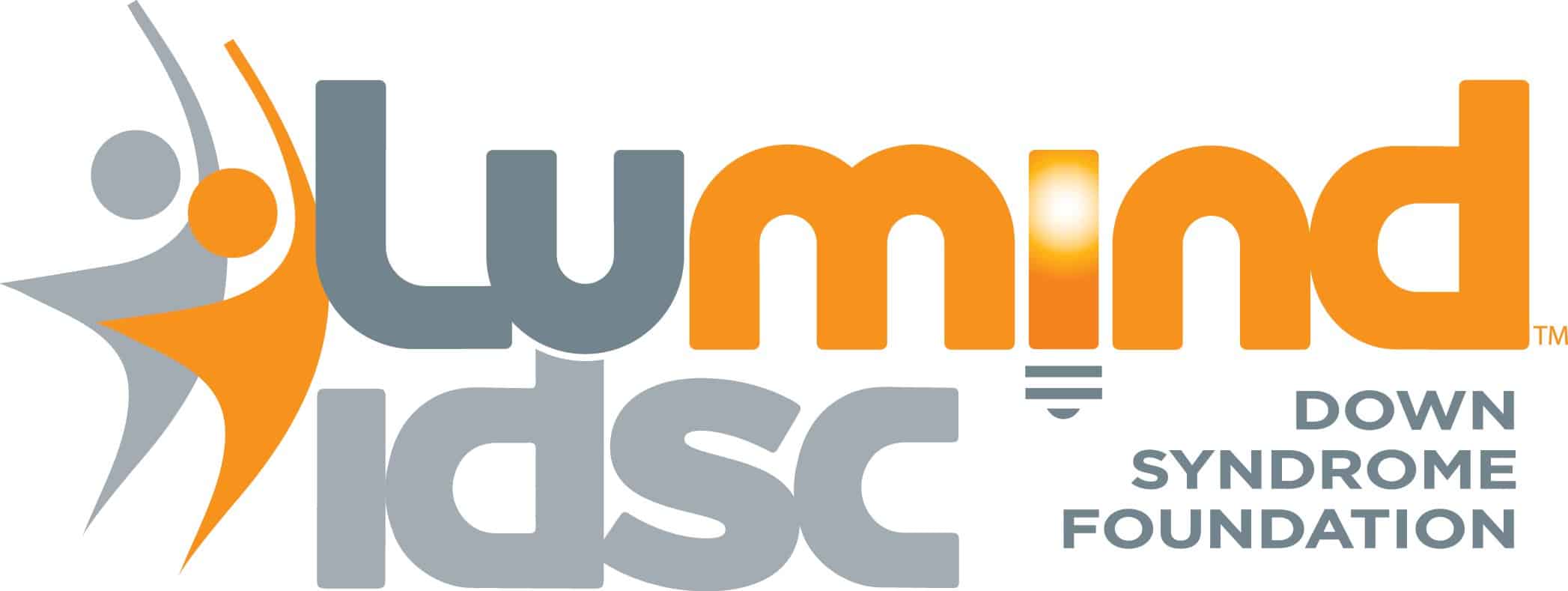LuMind IDSC is encouraged by today’s news that the U.S. Food and Drug Administration (FDA) is requesting more time and information before making a decision on the status of donanemab, the anti-amyloid drug developed by Eli Lilly and Company (Lilly).
The FDA will convene an advisory committee, a process that will allow a panel of experts to comment on the safety and efficacy of donanemab and to more closely examine aspects of the clinical study design.
One area of review is the “limited-duration dosing regimen” that allows participants to stop receiving infusions of donanemab once the drug reduces amyloid plaque below a certain threshold. In addition, the advisory committee will review the study’s criteria for sorting participants based on the level of tau in their brains.
Advisory committees are a normal part of the FDA’s approval process, but the decision will delay the FDA’s decision on donanemab to later into 2024.
“We remain hopeful after hearing the FDA’s latest call for more information on the safety and efficacy of donanemab,” Hampus Hillerstrom said. He is the president and CEO of the LuMind IDSC Foundation.
“The Down syndrome population is disproportionally affected by Alzheimer’s disease, and our community continues to hope these new drugs will someday provide the key to people with Down syndrome living longer lives as independently as possible.”
Clinical trial data released by Lilly in May 2023 outlined the notable efficacy of donanemab, with analysis showing trial participants retained their overall abilities to perform the meaningful activities of daily living such as: managing finances, driving, engaging in hobbies, and conversing about current events for a longer term when compared to a placebo.
None of the participants in those clinical trials are people with Down syndrome.
For more information about the Down syndrome community’s fight to be included in safety trials and to gain equal access to Alzheimer’s therapies, please see our news page. All are invited to join the national petition demanding policy changes to ensure people with Down syndrome gain equal access to Alzheimer’s treatments.


